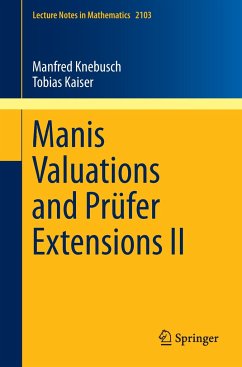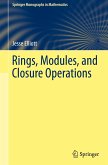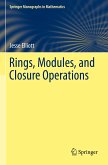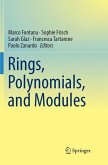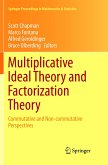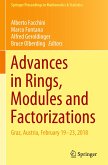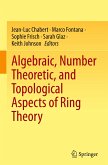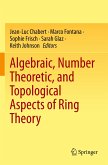This volume is a sequel to "Manis Valuation and Prüfer Extensions I," LNM1791. The Prüfer extensions of a commutative ring A are roughly those commutative ring extensions R / A, where commutative algebra is governed by Manis valuations on R with integral values on A. These valuations then turn out to belong to the particularly amenable subclass of PM (=Prüfer-Manis) valuations. While in Volume I Prüfer extensions in general and individual PM valuations were studied, now the focus is on families of PM valuations. One highlight is the presentation of a very general and deep approximation theorem for PM valuations, going back to Joachim Gräter's work in 1980, a far-reaching extension of the classical weak approximation theorem in arithmetic. Another highlight is a theory of so called "Kronecker extensions," where PM valuations are put to use in arbitrary commutative ring extensions in a way that ultimately goes back to the work of Leopold Kronecker.
Bitte wählen Sie Ihr Anliegen aus.
Rechnungen
Retourenschein anfordern
Bestellstatus
Storno

